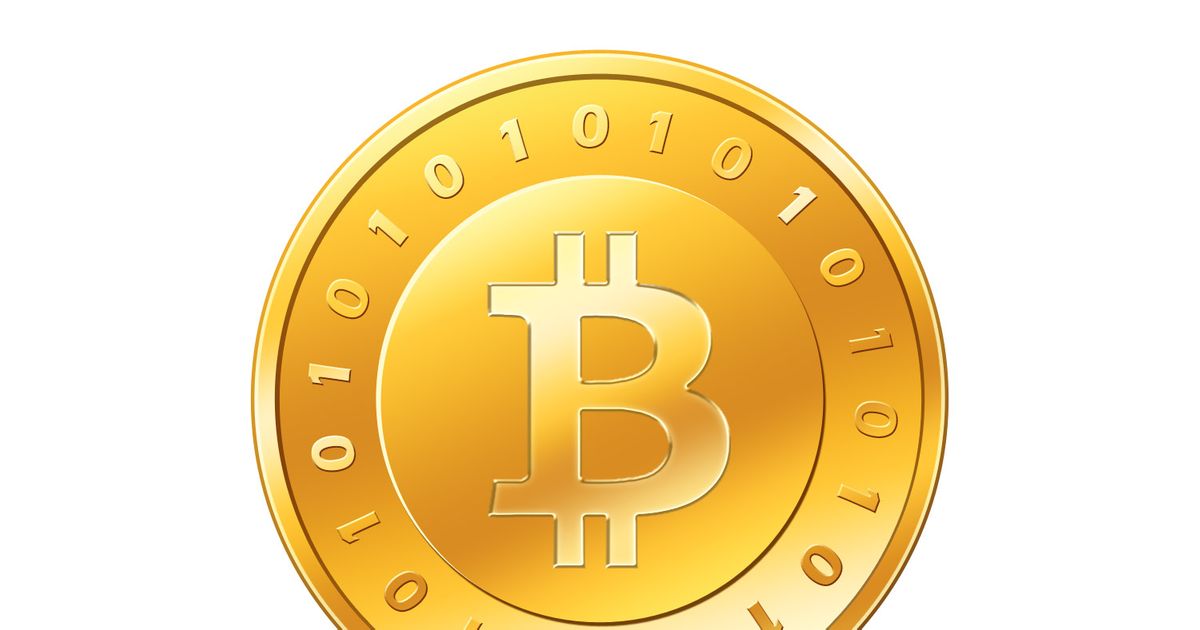Mentioned in the context of claims made that bitcoin is not decentralised. On that basis, no need for further nuance. The aspects you mention are other items - and worthy of discussion in their own right. However, they don't mean that bitcoin is not a decentralised network.This can be a little more nuanced do you agree? It is true for you and I as bitcoin holders providing we store in our own wallets. However conventional government / regulators can prevent new market participants entering (binance UK recent ban) or for those keeping coins in exchange wallets don't have full ownership (MT.Gox hack).
If you're saying that bitcoin arrived in the world simply as an idea - then code - and nothing more - born into a world where all we have is an established fiat based monetary system - with total network effect (not even network effect - applied by force) - then for sure, we're on the same page. I've been saying as much for the past 4 years.Like it or not for Bitcoins adoption to continue it does need to maintain a good relationship with traditional financial market participants i.e. regulators.
.
More transparency rather than less in this instance is all good - I'm completely in favour. I'm not here to represent tether - I couldn't care less about them. However, people should be aware of all facets to this ongoing saga - there are no clean hands and theres been ill-intent from all sides. I gave the example of them being slammed out of the banking system on multiple occasions.This is a conversation on Tether and given it is a Top 10 player in thr global Commercial Paper they should be making the same disclosures as Banks. What reason do they have for not? Any supporter of Bitcoin knows that it operates on a public Blockchain...that's part of how we achieve consensus. Having a major player in the eco system not being fully transparent doesn't sit well with me. How have you got yourself comfortable with their Disclosures?
We can only speculate (seeing as no side can produce complete evidence) but my 2 satoshis is that given it didn't come up with regulatory compliance as its no.1 objective - and given the rough time they'd been given in order to try and bank and keep the business going - they're bound to have had to cut corners in the first number of years to stay operational. Most of these regulatory agencies can go back as many years as they want - and so, maybe they'll take them out based on something that happened a number of years ago already (which is what that Bloomberg article is based upon). However, they may have started rough n ready but I think its highly unlikely they would have been putting a regulatory foot wrong the last while if they can help it. They now have a sizable business to look after - why put that at risk?
It depends on the time horizon of the individual. I expect there to be plenty of drama (we have that anyway even without any proper evidence of wrongdoing). However, I don't see it being anything other than noise which would play out over the short-medium term. Tether doesn't magically get to take away the characteristics of bitcoin if it sinks/is taken out of the equation, etc. On a short time horizon, I'm sure it will seem like the end of the world. With a longer outlook, bitcoin will be stronger for the experience. The industry is much broader.I agree if Tether turns out to be a fraud that it won't be the end of Bitcoin. However it will likely have a severe impact on the price and given that for a lot of people Bitcoins success is based on the price increasing rather than adoption.
Have a look at that milestone event in bitcoin's history. Bitcoin was over-reliant on Mt.Gox at the time. The market suffered for quite a while afterwards - but life goes on. The difference in this case is that there are other stablecoins in existence - one of which has been growing at a faster rate than tether. The difference is that these other stablecoins were started when banking wasn't pursuing a strategy of shutting them out to the same extent as what Tether encountered.I don't remember people saying that My.Gox would be the end of Bitcoin, that was really the early days of Bitcoin. But if that is what they said back then given Bitcoin is largely unchanged why would it have been a valid argument then and not today or vice versa?
